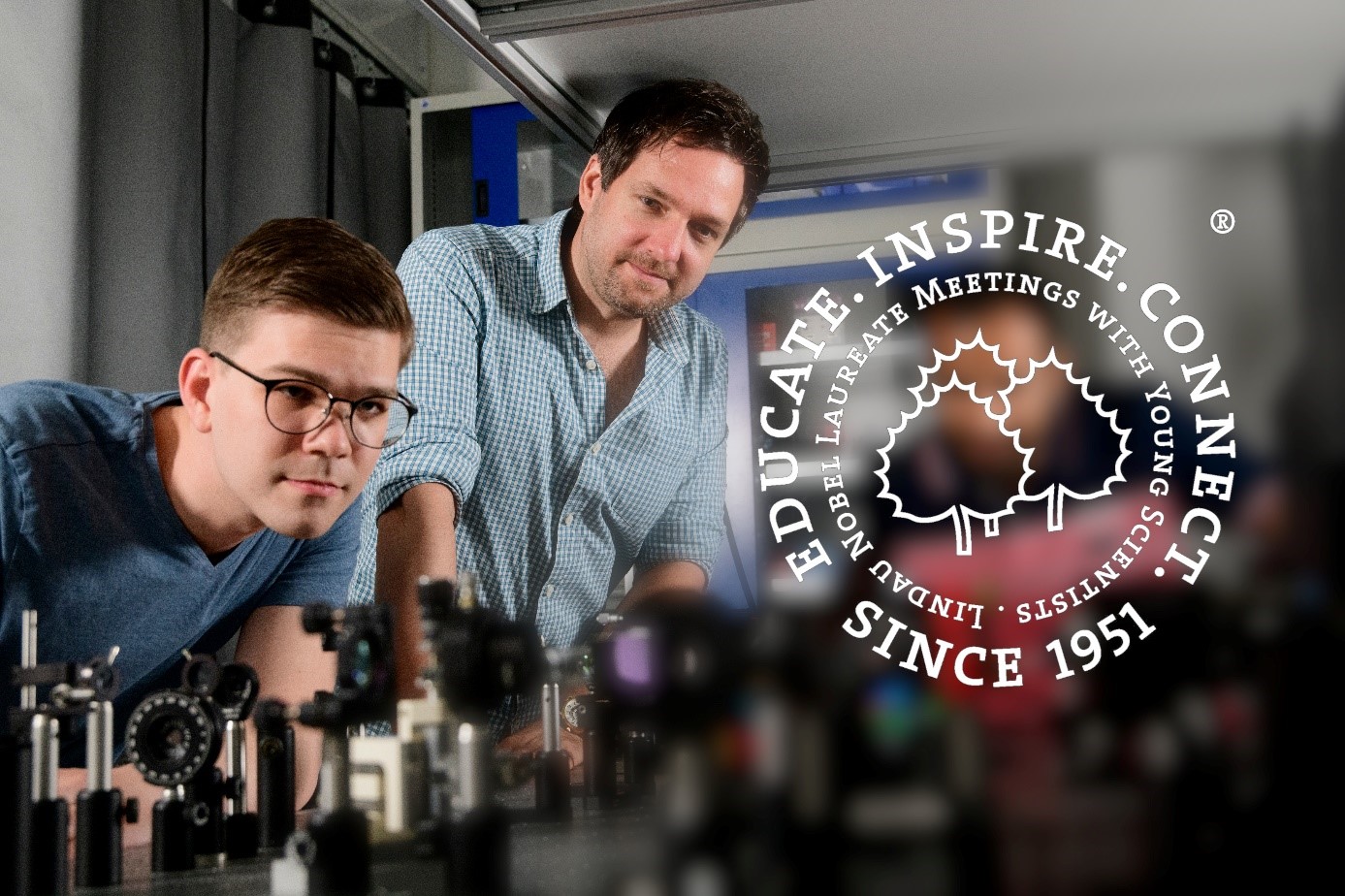From June 30 to July 5, 2024, more than 30 Nobel Laureates and over 650 selected young scientists will come together in Lindau to discuss the foundations and future of physics.
The Institute of Physics at the University of Graz is pleased to announce that Dorian Brandmüller has been chosen to participate in this year's Lindau Meeting after a highly selective, multi-stage reviewing process.
This meeting allows the invited young scientists and Nobel Laureates to discuss current topics in physics and to benefit from different perspectives.
Dorian Brandmüller is PhD candidate in the OpNaQ research group headed by Prof. Peter Banzer. His research is focused on nano-optical phenomena that can be used for new types of sensors. He will certainly be able to make a valuable contribution to this year's Lindau Meeting with the expertise he has gained during his scientific career.
